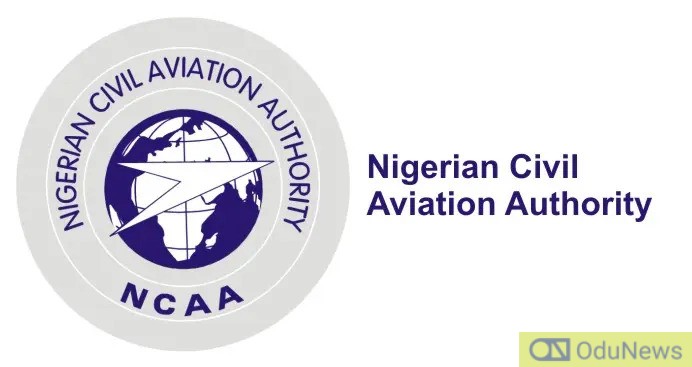Nigeria Air, the proposed national carrier on Monday in Abuja, received the Air Transport Licence (ATL) from the Nigerian Civil Aviation Authority (NCAA), after about 7 years of delay.

The ATL certificate was handed over to Capt. Dapo Olumide, the Interim Managing Director, Nigerian Air, by Capt. Musa Nuhu, the Director-General of NCAA.
The ATL is a prerequisite for the airline to acquire Air Operator Certificate (AOC), which would enable it to commence operation as a scheduled carrier.
Nuhu explained that NCAA works and supports all operators currently existing and aspiring in the industry to get necessary documents after meeting all the requirements.
He insisted that the ATL had gone through all the necessary processes and hopes that the airline would be able to fulfill the AOC process so that the regulatory agency could eventually issue the airline AOC certificate.
He added: “As the regulator, we work with operators. That is a goal to promote the growth of the industry. It is important to have strong airlines in Nigeria in view of the Single African Air Transport Market (SAATM).
“Also, in view of African Continental Free Trade Area (AfCFTA) which can make a significant contribution to the growth of Nigerian economy.”
Nuhu said Nigeria stood to get the best from the African Union Agenda 2063 Air Programme being one of the largest markets on the continent.
Just in 2021, Sen. Hadi Sirika, the Minister of Aviation, assured that the new national airline would officially commence operations in April 2022.
He did say that the Nigerian government would hold a five percent stake in the proposed national carrier, while the Nigerian entrepreneurs would hold 46 percent
Sirika said the remaining 49 percent would be reserved for yet to be assigned strategic equity partners, including foreign investors.
But, in March, Sirika once again said the airline would commence operations in July 2022, an announcement, which created disappointment in most stakeholders in the industry.
RecallthatSirikahadshortly after coming into office in 2015, launched an aviation development roadmap that included a new national carrier and other interventions in the country’s aviation sector as priorities.
The project, a public-private partnership (PPP) is to replace the defunct Nigeria Airways whichceasedoperationsin2003.
In 2018, the national carrier and its christening in London set the minister on a collision course with the Nigerian public after it was reported that the design of the Nigeria Air logo gulped about N80 million.
However, Sirika denied the reports.
He said only about N10 million was spent on the design of the logo.


Comments are closed.